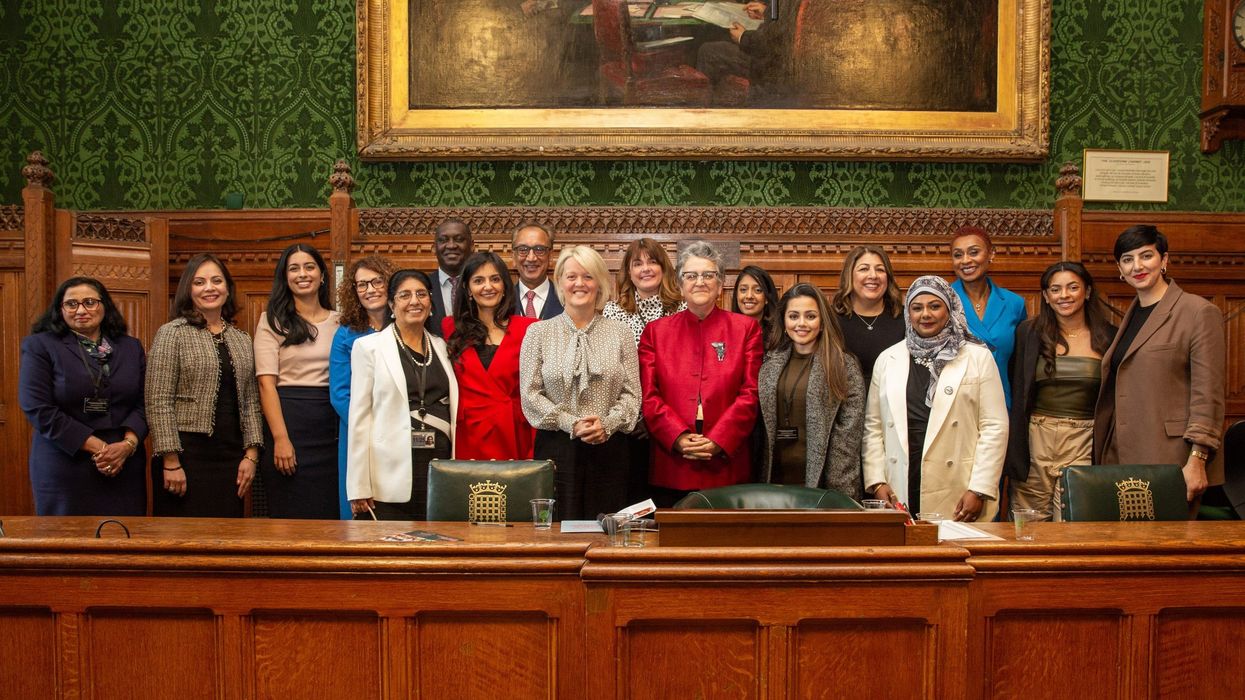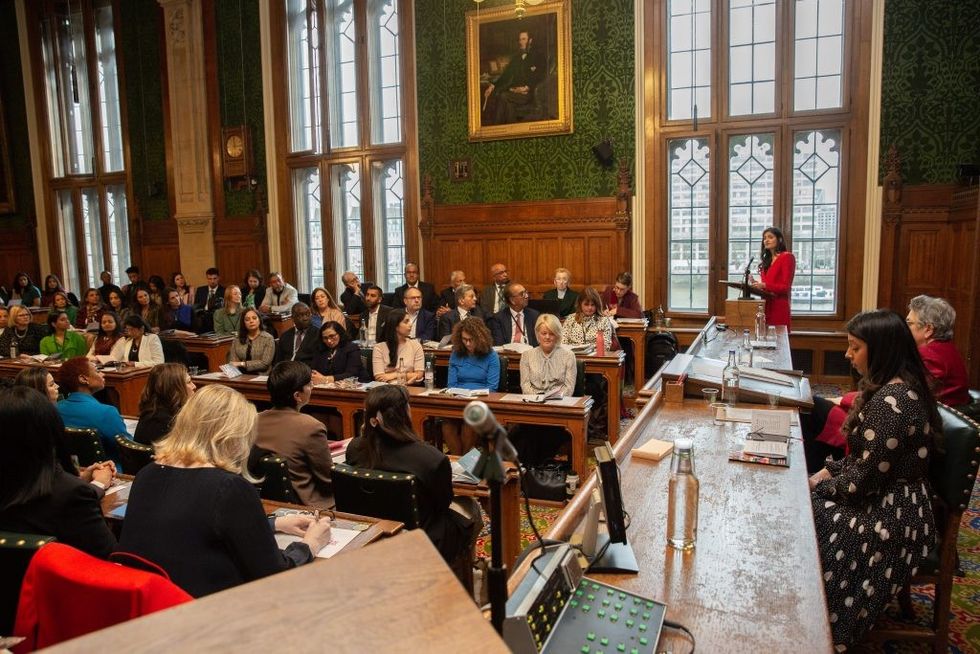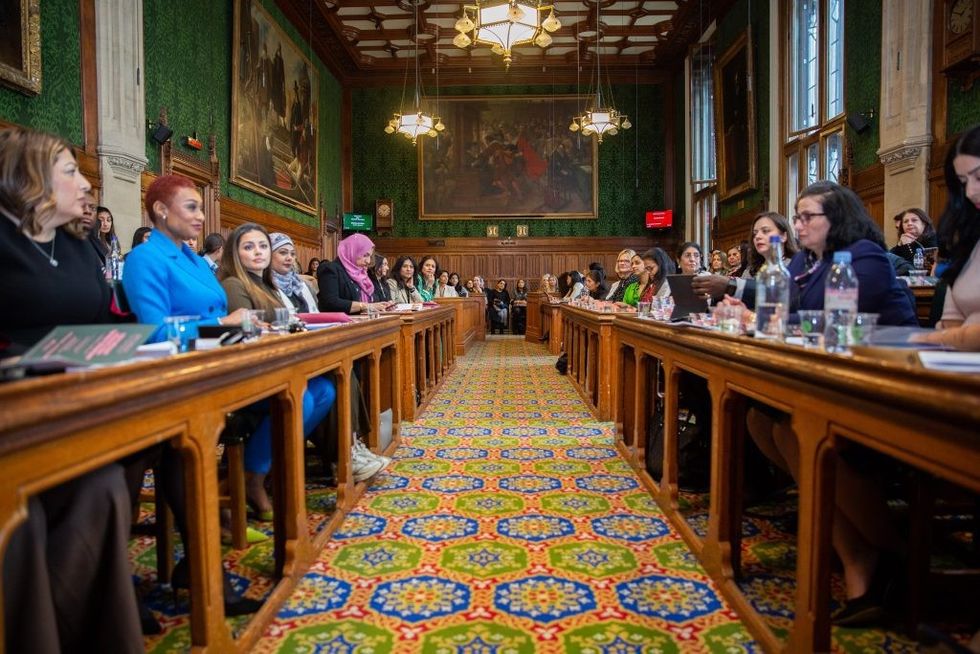A CEO, a whistleblower, and a campaigner were among a dozen prominent personalities who shared their biggest challenges as they marked International Women’s Day on March 8.
This year’s theme was “Embrace Equity” and 13 speakers discussed their views on how to bring about change.
Natwest CEO, Alison Rose, highlighted that up to £250 billion will be unlocked for the UK economy if women started and scaled businesses at the same rate as men.
GB gymnast Ellie Downie shared her story of whistleblowing about abuse in gymnastics and the impact it had on her, while another speaker was child marriage survivor and campaigner, Payzee Mahmod, who led the campaign to change the law on child marriage in the UK.
The speakers tackled a range of topics including entrepreneurship, female genital mutilation (FGM) and child marriage, the motherhood “penalty”, social mobility, the impact of social media, menopause, mental health, sport, female investment and the participation of women in public life.
The debate was chaired by the deputy Speaker of the House of Lords, Baroness Barker.
Other speakers included Joeli Brearly, CEO of Pregnant Then Screwed, who shared her story of how she was sacked by voicemail when she informed her boss of her pregnancy.
Kerry Dryburgh, executive vice president and chief people officer at BP; Pavita Cooper, an equality campaigner who advises multiple boards; Simran Kaur, founder and CEO of Girls that Invest, were other speakers.
Kaushal Modha, a social media influencer, spoke about how she learned to prioritise her own mental health, while Yashmin Harun, founder of Muslimah Sports Association, discussed how to improve access to sport for all women.
Shermeen Kazmi, a partner at Grant Thornton, shared how she balanced motherhood and a career. Former England footballer Emile Heskey called out the online abuse faced by female footballers.
The debate was hosted by Lord and Lady Popat who started the initiative six years ago, along with Rupa Ganatra Popat and Rupal Sachdev Kantaria.
Lord Popat said, “The UK has made progress on gender equality in parts, but we still have a long way to go and events like this are key to moving this conversation forward.”
Rupa Ganatra Popat said, “As a new mother myself, I feel privileged and determined to be a role model to my son. I feel even more inspired to speak up for and drive change and to raise a boy and man who will do the same.”
Rupal Sachdev Kantaria called for action and said, “Women and girls, rise higher, to fulfil your ambitions, throw off the expectations and limitations that others, society may place on us, especially pronounced for women of colour. Get into those decision-making roles.”
“Men, we need you. Listen to the stories of women. Do you part to get women into those decision-making roles – for example by sponsorship, and by taking on your fair share of unpaid work. We need you not just as participants, but as drivers of change.”
Councilor Ameet Jogia MBE said, “It is important to bring together the public, private and third sectors if we want to drive change. Empowering women has great potential to unlock solutions to some of the greatest challenges of our time in multiple arenas – political, economic, social and beyond.”
The 170-strong audience of parliamentarians, charities, schools and private sector leaders, were invited to join the conversation online and share their own International Women’s Day pledge for change.






